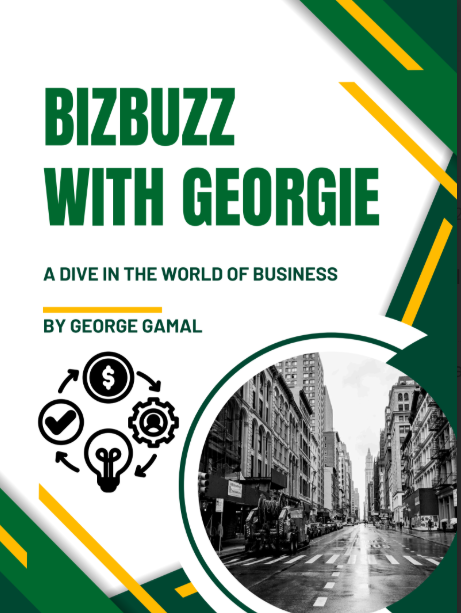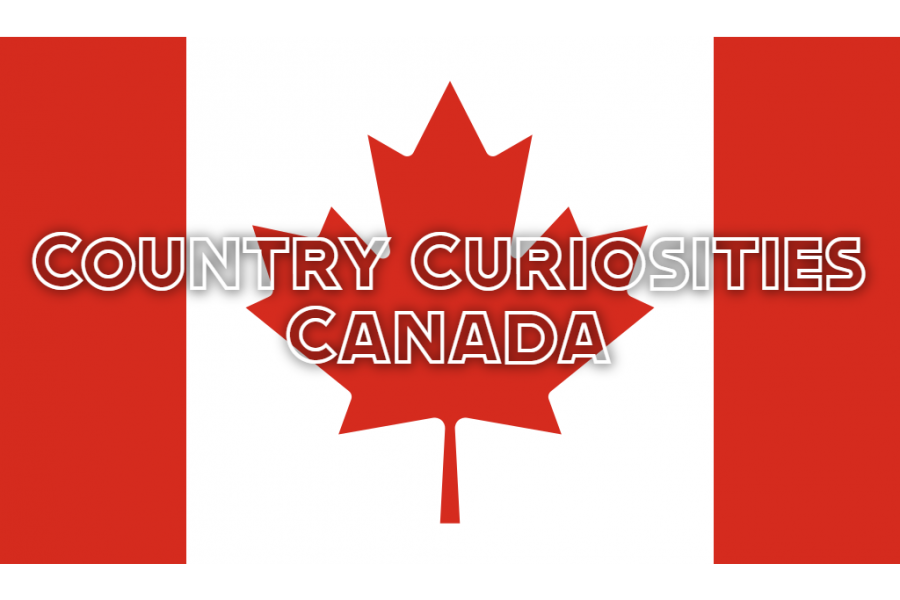Country Curiosities: Canada
June 19, 2021
Introduction
Canada, one of the world’s largest countries by landmass and commonly referred to as “America’s Hat”. Canada is most well known for maple syrup, its stereotypically friendly citizens, hockey, and Justin Trudeau’s questionable high school photos. Canada also enjoys a lot of things that the United States enjoys as well, from similar cultures to similar political agendas and values. It is pretty safe to say that the United States and Canada have a relationship more tightly put together than a bag of milk from Ontario. Although non-Canadians, especially Americans, consider the U.S. and Canada basically the same thing, Canada still has some rather distinguishing characteristics that helps differentiate the Great White North from the Land of the Free.
Hawaiian or Canadian Pizza?
The debate over whether pineapple deserves to be on pizza is a conflict that has plagued humanity for generations. For years, scholars and philosophers have argued, debated, and fought over whether or not Hawaiian pizza deserved to exist. However, what not many people know, is that Hawaiian Pizza itself originated in Canada (“Pineapple on Pizza…”). Funnily enough, Hawaiian Pizza couldn’t be farther removed from its namesake, originating in the Canadian province of Ontario and being invented by a Greek

immigrant named Sam Panopoulos (“Pineapple on Pizza…”). The “Hawaiian” in the pizza’s name actually comes from the brand of canned pineapples that were first used in Sam Panopoulos’s restaurant that accursed day. California Rolls also share a similar story. Originating in the Canadian province of British Columbia, they were created by Chef Hidekazu Tojo, a Japanese-trained sushi chef who migrated to Canada in 19
67 (Simpson). The California Roll gets its name from its primary customers, who were primarily people from the United States, specifically California, who are said to have loved the California Roll so much that some would go to Canada exclusively for it (Simpson).
So Much Land, So Little Space
Canada is the second largest country in the world by landmass, second only to Russia and ahead of China and the United States (“Largest Countries in…”).. However, although the territory of Canada is great in size, most of its land is uninhabited and unfit for human life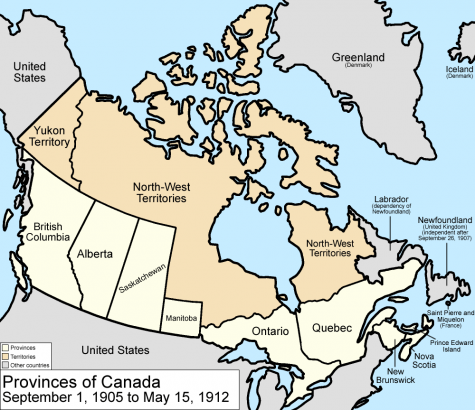 (Beauchamp). According to a Vox article, 6.1 million people live in the Toronto metropolitan area, which is nearly a fifth of the Canadian population (Beauchamp). Even more surprising is that 90% of Canadians live within 100 miles of the US border whilst the remaining 10% is spread out across the rest of the vast Canadian country (Beauchamp). As the population is clustered in only a few areas, that leaves almost 80% of Canada completely uninhabited (“Did you know…”).
(Beauchamp). According to a Vox article, 6.1 million people live in the Toronto metropolitan area, which is nearly a fifth of the Canadian population (Beauchamp). Even more surprising is that 90% of Canadians live within 100 miles of the US border whilst the remaining 10% is spread out across the rest of the vast Canadian country (Beauchamp). As the population is clustered in only a few areas, that leaves almost 80% of Canada completely uninhabited (“Did you know…”).
Secessionist Movements
In Canada, the two most spoken languages within the country are English as well as French. This is largely in part due to the culturally distinct region of Quebec, which was once a French colony before being annexed by the British Empire then becoming part of Canada once it declared independence. In contrast to the rest of the country and provinces, Quebecois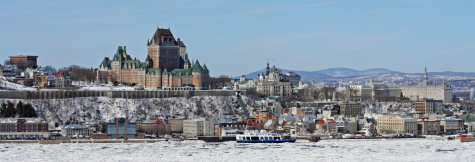 have primarily culturally identified themselves as French or separate from the rest of Canada. This is one of the reasons as to why Quebec has on multiple occasions tried to secede from the Dominion of Canada. In 1995, Quebec held a formal referendum on whether the province should secede from Canada or remain (Milette). The referendum failed by a mere 50%, or less than 55,000 votes (Milette). Should the referendum have passed, Quebec would have distinguished itself from Canada and become another North American country. Other than Quebec, the Canadian province of Alberta has also had a growing nationalist sentiment that wants full sovereignty for Alberta. Alberta’s cause for independence is much different from that of Quebec, where Quebec wants independence due to cultural differences, Alberta wishes to secede for more economic reasons, more specifically, the oil industry (“Wexit: Alberta’s Frustration…”). Alberta is home to one of the world’s largest sources of oil, however, government agendas which have favored moving away from the fossil fuel industry due to concerns over the environment has cut nearly 130,000 jobs since 2014 and driven away investors and foreign companies (“Wexit: Alberta’s Frustration”).
have primarily culturally identified themselves as French or separate from the rest of Canada. This is one of the reasons as to why Quebec has on multiple occasions tried to secede from the Dominion of Canada. In 1995, Quebec held a formal referendum on whether the province should secede from Canada or remain (Milette). The referendum failed by a mere 50%, or less than 55,000 votes (Milette). Should the referendum have passed, Quebec would have distinguished itself from Canada and become another North American country. Other than Quebec, the Canadian province of Alberta has also had a growing nationalist sentiment that wants full sovereignty for Alberta. Alberta’s cause for independence is much different from that of Quebec, where Quebec wants independence due to cultural differences, Alberta wishes to secede for more economic reasons, more specifically, the oil industry (“Wexit: Alberta’s Frustration…”). Alberta is home to one of the world’s largest sources of oil, however, government agendas which have favored moving away from the fossil fuel industry due to concerns over the environment has cut nearly 130,000 jobs since 2014 and driven away investors and foreign companies (“Wexit: Alberta’s Frustration”). 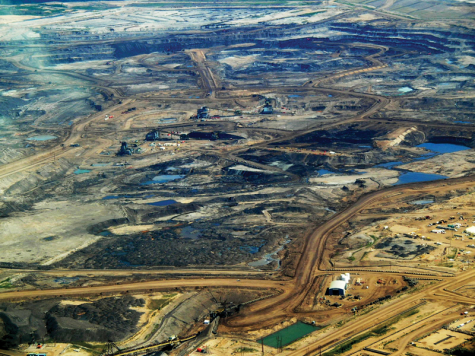 This leaves the Canadian government with a tough choice: Do they lax their stance on oil and fossil fuel regulations to maintain favour in Alberta? Or do they keep pushing new much needed environmentalist policies but sacrifice the jobs of even more Albertans in the power industry?
This leaves the Canadian government with a tough choice: Do they lax their stance on oil and fossil fuel regulations to maintain favour in Alberta? Or do they keep pushing new much needed environmentalist policies but sacrifice the jobs of even more Albertans in the power industry?
As the end of the school year draws near, I’d like to congratulate everyone for surviving a school year under the circumstances brought about by Covid. I wish everyone has a great summer and I look forward to seeing you all again in September!
Works Cited
Beauchamp, Zack. “Canada Is a Huge Country. Most of It Is Unfit for Human Habitation.” Vox, Vox, 5 May 2016, www.vox.com/2016/5/5/11584064/canada-population-map.
“Did You Know That 80 per Cent of Canada Is Uninhabited? Learn More about Canada’s Geography.” Live & Learn: a Project of English Online Inc., 23 Jan. 2019, livelearn.ca/article/about-canada/did-you-know-that-80-per-cent-of-canada-is-uninhabited-learn-more-about-canadas-geography/.
“Largest Countries in the World (by Area).” Worldometer, www.worldometers.info/geography/ largest-countries-in-the-world/.
Millette, Dominique , Gall, Gerald L. and Lambert, Maude-Emmanuelle. “Quebec referendum of 1995”. Encyclopedia Britannica, 20 Sep. 2016, https://www.britannica.com/topic/Quebec-referendum-of-1995.
“Pineapple on Pizza: Where Did It Come from and Why Do Some of Us Hate It?” BBC Bitesize, BBC, 29 Oct. 2020, www.bbc.co.uk/bitesize/articles/z2vftrd.
Simpson, Hayley. “The California Roll Origin Story.” Culture Trip, The Culture Trip, 31 May 2017, theculturetrip.com/north-america/canada/articles/the-california-roll-origin-story/.
“Wexit: Alberta’s Frustration Fuels Push for Independence from Canada.” The Guardian, Guardian News and Media, 25 Nov. 2019, www.theguardian.com/ world/2019/nov/25/wexit-alberta-canada-independence-separatism.





















